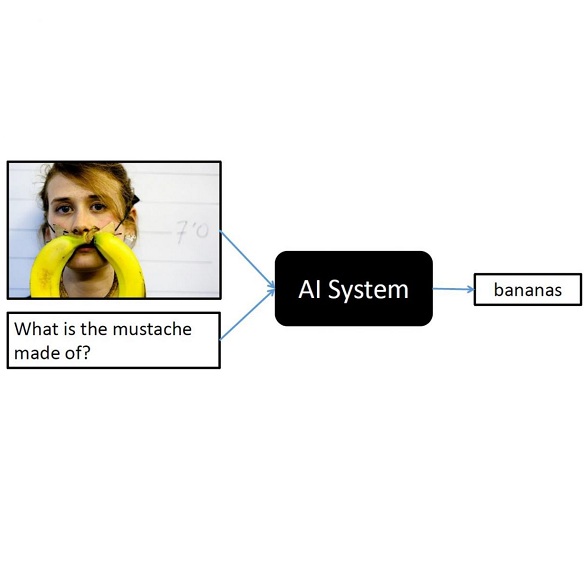The rapid increase in user-generated-content (UGC) videos calls for the development of effective video quality assessment (VQA) algorithms. However, the objective of the UGC-VQA problem is still ambiguous and can be viewed from two perspectives: the technical perspective, measuring the perception of distortions; and the aesthetic perspective, which relates to preference and recommendation on contents. To understand how these two perspectives affect overall subjective opinions in UGC-VQA, we conduct a large-scale subjective study to collect human quality opinions on overall quality of videos as well as perceptions from aesthetic and technical perspectives. The collected Disentangled Video Quality Database (DIVIDE-3k) confirms that human quality opinions on UGC videos are universally and inevitably affected by both aesthetic and technical perspectives. In light of this, we propose the Disentangled Objective Video Quality Evaluator (DOVER) to learn the quality of UGC videos based on the two perspectives. The DOVER proves state-of-the-art performance in UGC-VQA under very high efficiency. With perspective opinions in DIVIDE-3k, we further propose DOVER++, the first approach to provide reliable clear-cut quality evaluations from a single aesthetic or technical perspective. Code at https://github.com/VQAssessment/DOVER.
翻译:用户生成内容(UGC)视频的迅速增加要求制定有效的视频质量评估算法(VQA),然而,UGC-VQA问题的目标仍然模糊不清,可以从两个角度来看待:技术角度,衡量扭曲感;美学观点,这与偏好和内容建议有关;为了了解这两个观点如何影响UGC-VQA的总体主观观点,我们进行了大规模主观研究,从审美和技术角度收集对视频总体质量以及观点的整体质量的人道质量意见;收集的分错乱的视频质量数据库(DIVIDE-3k)证实,对UGC视频的人类质量观点普遍不可避免地受到审美和技术观点的影响;鉴于此,我们提议分错的客观视频质量评价(DOVA),以两种观点为基础,学习UGC-VQA的视频质量质量。DOVS证明,从DIVIDE-3k的视角来看,我们进一步提出从一个可靠的质量评估/DAVAUB/DUB 技术观点。</s>



